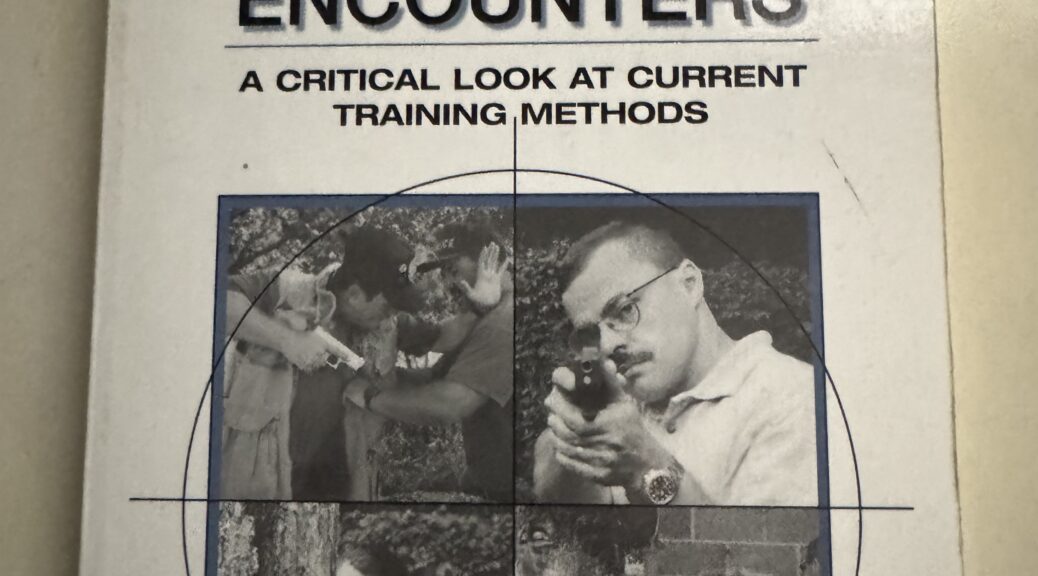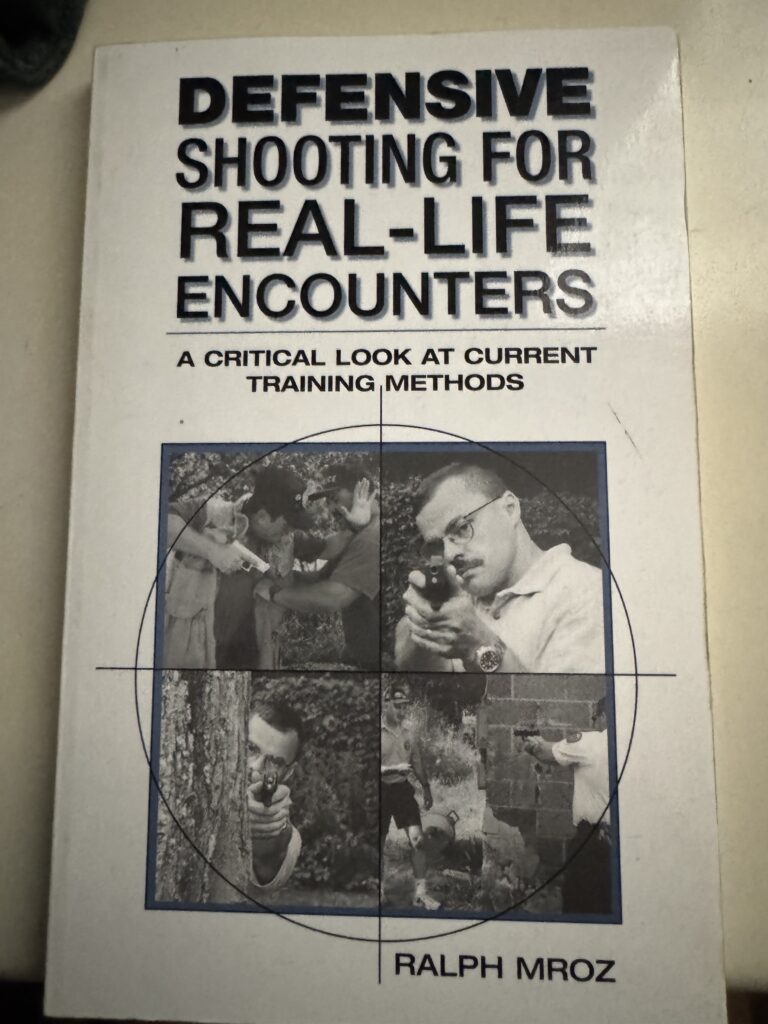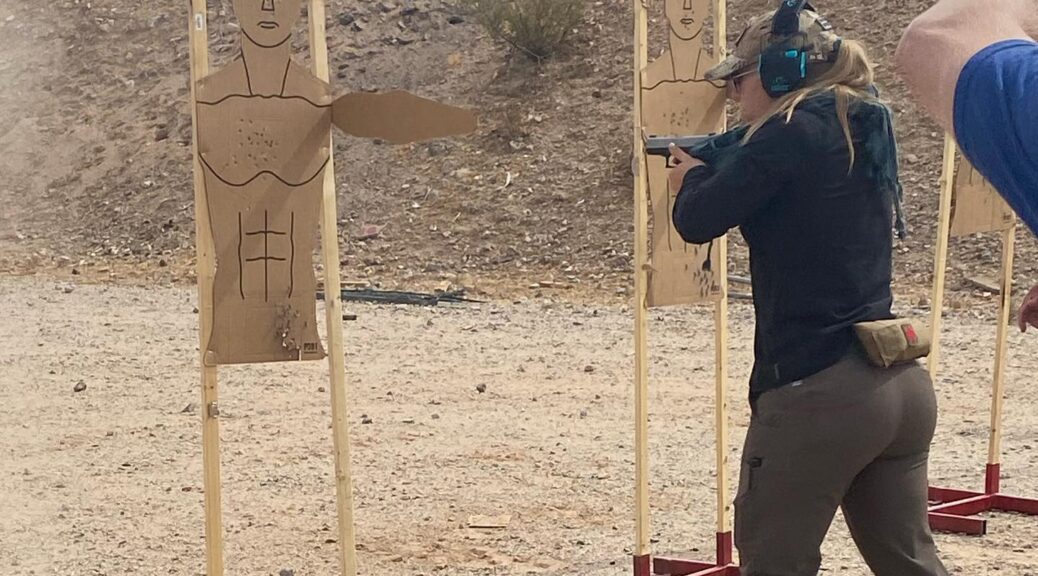Hey Everyone. I will be doing a seminar in the northern Detroit suburb of Shelby Township on October 4-5, 2025. I will be doing two different one day (9 hours per day) clinics.
The first day will be a live fire range class where we look at the fundamental skill of using a revolver for self-preservation, especially in a concealed carry context.
The second day will be a really deep dive in the standing entangled fight. How to not get taken down, not get knocked out, and how to control and dominate against a bigger, stronger opponent.
Neither of the days require any experience. For the live fire day, I only require that you are safe with your gun handling, and have some training in drawing from a concealed holster. For the non live fire Standing Grappling day, no experience needed at all, and any physical capability is welcomed. You will be able to work at the pace and pressure you are comfortable with.
Cost for each day individually is $200, and for the entire weekend, it is $350. For any questions, you can message me, or contact me the host direct at 586-322-4135.
Critical Revolver Defense
This comprehensive course is designed for anyone interested in learning how to effectively use a revolver for self-defense. Whether you’re a beginner or looking to refine your skills, this class will teach you the essential techniques and safety protocols to responsibly and confidently carry and operate a revolver in self-defense situations.
The class will cover best practices for shooting revolvers ranging from short barreled snubs to duty size guns, how to run a double action trigger under stress, shooting from compressed and extended positions, contextual carry methods, cleaning and maintenance considerations, and the different options to keep the gun reloaded.
Students should bring 300 rounds of ammo, a small cleaning kit to include a brush, any holster you want to work with, and any reloading equipment you have. A non-firing training gun would be extremely helpful, though a few loaners will be available.
Course Highlights:
Firearm Safety: Understanding the fundamental principles of gun safety to ensure responsible use.
Reloading Techniques: Learn how to reload your revolver efficiently under stress, ensuring you’re always prepared for an emergency.
Carrying Methods: Explore different ways to safely and comfortably carry your revolver, whether concealed or open, and understand the legal and practical considerations.
Shooting from Retention: Master the critical skill of shooting from close retention, a vital technique for defending yourself in close-quarters encounters.
By the end of the course, participants will have the skills and confidence to safely handle and deploy a revolver for self-defense, while understanding the importance of ongoing training and responsibility.
Immediate Action Pugilism
Clinch and Striking for Self-Preservation in the Weapons Based Environment
Sometimes, in order to defend ourselves and our loved ones, the only tool we might have to rely on is our own body. Even if you have external weapons, you might not be able to access them. Your safety may come down to how well you can survive a hand-to-hand confrontation. The Immediate Action Pugilism course is designed to give the layman a realistic and functional set of concepts, techniques, methodologies, training drills and experiences that will prepare them for a worst case H2H scenario. All techniques and concepts are high percentile applications which span a wide spectrum of confrontations. Training consists of presentation, drilling and Force-On-Force evolutions providing attendees with immediate feedback regarding the efficacy of the skills learned. The goal of this course is not to create a professional boxer or MMA competitor. The objective is to provide attendees who have limited training time and resources with solid fundamentals geared toward the increasingly violent weapon based environments they may live, work and/or travel within.
All the techniques presented are based on orthodox and MMA boxing methods and are the best, most functional and high percentage moves and tactics available
These methods are for everyone regardless of physical condition – young, old, male, female, athlete or not – You DO NOT have to be a professional fighter to perform at a functional level. This will be a class about physical training, but it is NOT boot camp. Participants may go at the pace that is comfortable for them, while trying to push the envelope of their own individual performance.
Requirements: loose, comfortable but durable clothes, mouthpiece, cup, notebook, and an open mind. Boxing or MMA gloves are strongly encouraged, but are not mandatory.
Immediate Action Pugilism is divided into modules that address specific situations. Seminars/training can be customized to fit your needs by arranging for the appropriate modules to be covered. Among the topics covered by the modules include:
Why & How to use Clinch & Striking in a WBE
Underlying Concepts and Mindset
Dealing with the Sucker Punch/Ambush
Default Cover/ Modified Helmet
Regaining the Initiative from a Deficit
Controlling the Entanglement
Close Quarter Fighting: attached and unattached
Disengaging from the Clinch
In-Fight Weapon Access from the Clinch
Keeping the Fight Standing
Individual & Partner Drills
Gradual Immersion into Pressure Testing
Performance Coaching and Troubleshooting
Suggestions for Solo Training





